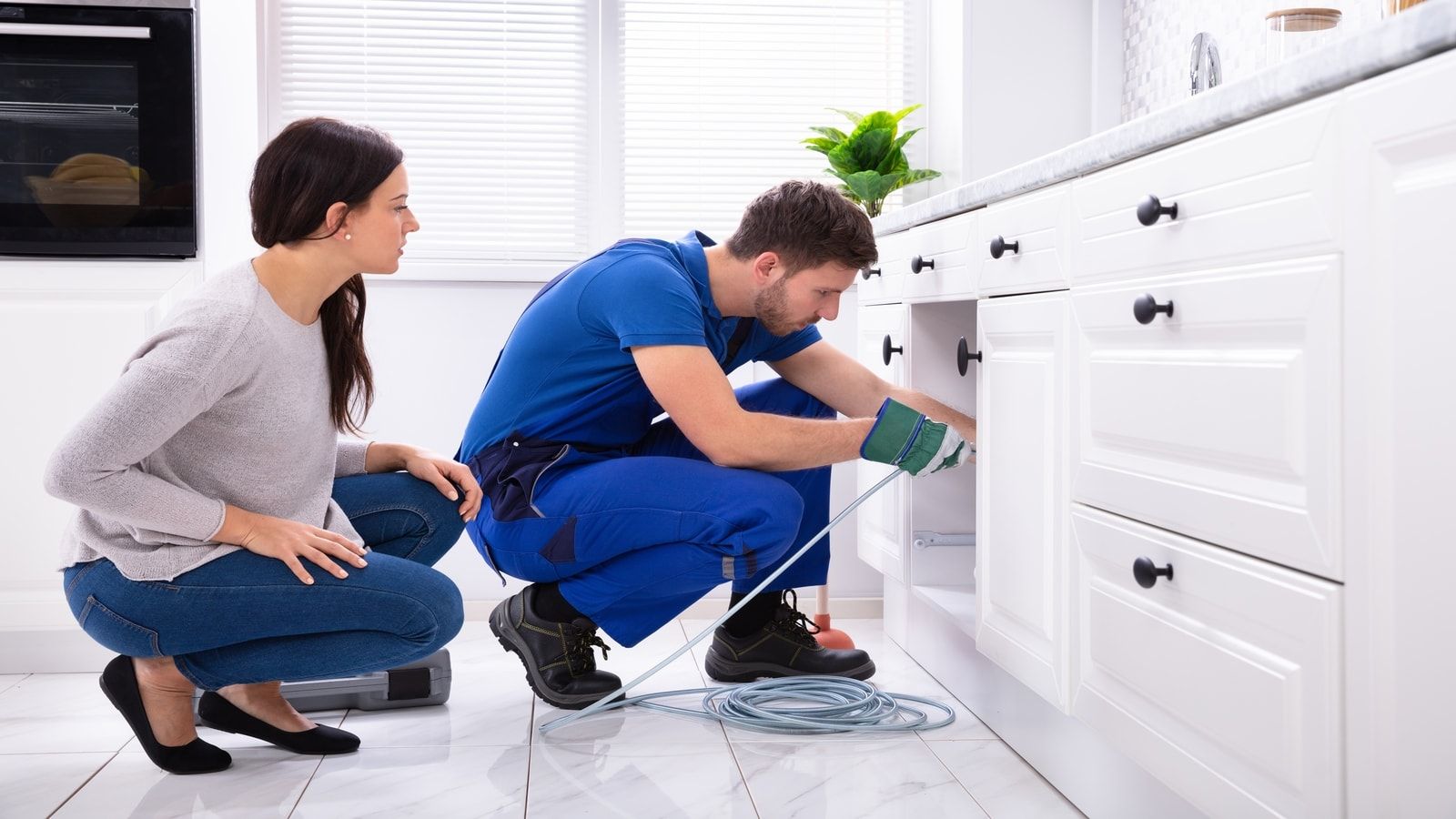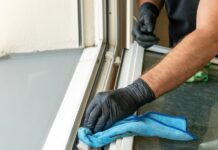Being a new homeowner can be an exciting yet overwhelming experience. When it comes to taking care of your plumbing, knowing the basics of sewer and drain cleaning is essential. Not only will this help you tackle minor DIY plumbing tasks but it can also save you a lot of money in the long run. This article will provide some helpful tips for those who are new to sewer and drain cleaning. We’ll discuss basic safety precautions, the best tools and supplies to use, common problems to look out for, and when it’s time to call in a professional plumber. Read on to learn more!
Sewer systems are designed to remove waste water from your home and safely deposit it into the ground. But, if you’re a new homeowner, you might not know how this works. Here’s a quick guide to understanding your sewer system:
This system is made up of two parts: the main line and the lateral lines. The main sewer line runs from your home to the municipal system. The lateral lines connect your home’s drainage system to the main sewer line. Waste water enters your home’s drainage system through fixtures like toilets, sinks, showers, and washing machines. From there, it flows into the lateral and then into the main sewer line. Finally, the waste water is deposited into the municipal sewer system. It’s important to keep it clean so that they can continue to do their job properly. That’s why it’s important to have regular sewer and drain cleaning performed by a professional.
Tips for Preventing Clogs and Backups
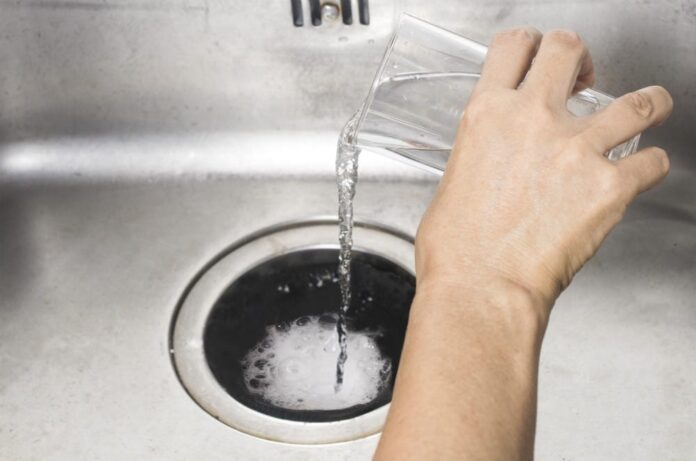
- Don’t pour grease, oil, or fat down the drain. Grease can harden and build up over time, eventually causing a clog.
- Use strainers in your sink and showers to catch hair and other debris before it has a chance to collect and cause problems.
- Avoid flushable wipes and similar products. Even if they are marketed as being safe, they can still cause clogs by collecting with other debris in the pipes.
- Be mindful of what you put down the garbage disposal. While many things can be safely disposed of this way, things like chicken bones and coffee grounds can cause problems further down the line.
- Have your sewer and drain lines cleaned regularly by a professional to prevent any buildup or problems from going unnoticed.
What are Some Common Problems that New Homeowners Face with Their Sewers and Drains?
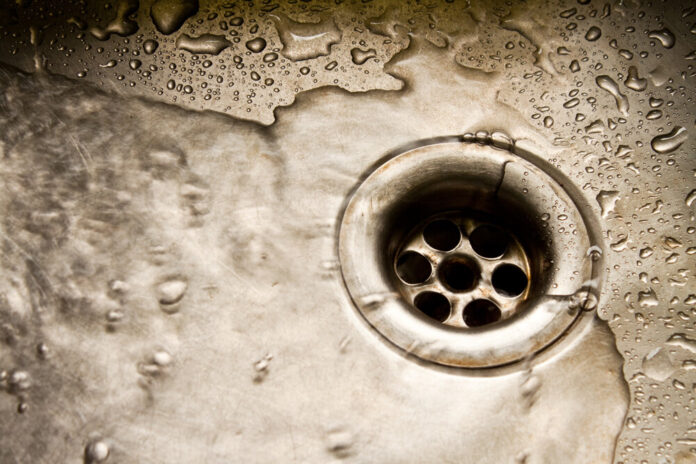
One of the most common problems that new homeowners face with their sewers and drains is a clogged drain. A clogged drain can be caused by a variety of things, including hair, grease, soap scum, and even tree roots. If you have a clogged drain, the first thing you should do is try to clear it yourself with a plunger or a plumber’s snake. If you are unable to clear the clog, you will need to call a professional plumber to have it cleared for you.
Another common problem that new homeowners face with their sewers and drains is leaks. Leaks can occur in both the sewer line and the drainage pipes leading from your home. If you suspect that you have a leak, it is important to call a professional plumber right away to have it repaired. Left unchecked, leaks can cause serious damage to your home and property.
How to Clean Your Drains and Sewers Effectively?
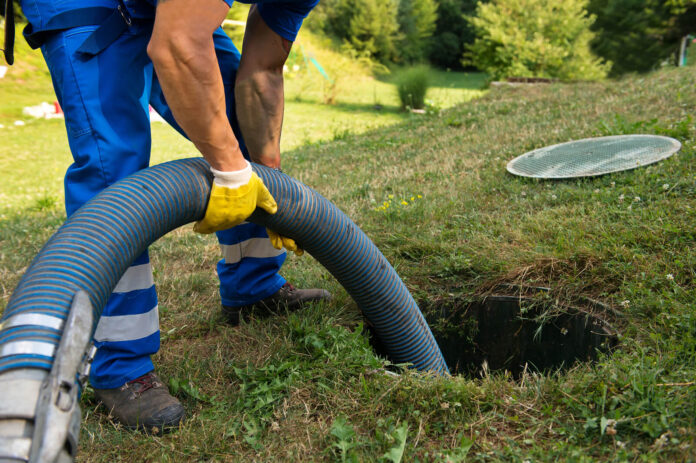
If you have never cleaned your drains or sewers before, the thought of doing so may seem a bit daunting. However, it is actually not that difficult – especially if you follow these tips:
- First things first: identify the main sewer line and clean it out. This is the line that all of your other drains connect to, so it is important to make sure that it is clear and free-flowing. You can do this by renting a power auger from your local home improvement store – just be sure to follow the instructions carefully.
- Once the main sewer line is clear, it’s time to tackle the individual drains in each room of your house. Start by running hot water down each drain for a few minutes to help loosen any built-up debris.
- Next, use a plunger (or a drain snake, if you have one) to clear out any remaining clogs. Be sure to work slowly and gently so as not to damage the pipes.
- Finally, flush each drain with a solution of equal parts water and white vinegar. This will help kill any lingering bacteria and freshen up your drains at the same time!
When to Call a Professional?
There are a few instances when you should definitely call in a professional to help with your sewer and drain cleaning needs. If you have a clog that won’t budge no matter what you do, it’s time to give up and call in reinforcements. The same goes for if your drains are backing up–this is usually a sign of a much bigger issue that will require professional help to fix.
If you notice any water leaks, no matter how small, it’s important to get them checked out right away. Leaks can quickly turn into much bigger issues, so it’s always best to nip them in the bud by calling in a professional.
Finally, if you have any doubts or concerns about your sewer or drains, don’t hesitate to give a professional a call. They’ll be able to assess the situation and let you know if everything is fine or if there’s something that needs to be fixed.
With these tips, we hope that you can easily take care of any clogs or blockages in your plumbing system with ease. If further assistance is needed, don’t hesitate to call a professional for help. Sewer and drain cleaning doesn’t have to be difficult—with the right approach and knowledge, maintaining your plumbing system will be much easier than you think!

